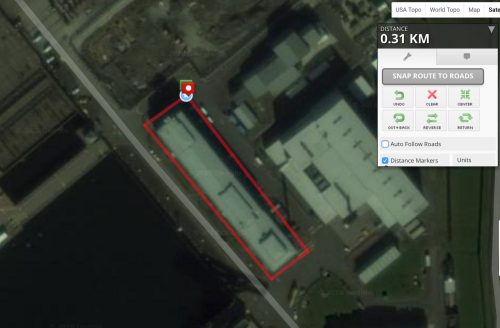I understand this reaction, but it’s also an unfair one: Deleting Facebook is privilege. The company has become so good at the many things it does that for lots of people, leaving the service would be a self-harming act. And they deserve better from it, too. Which is why the initial answer to Facebook’s failings shouldn’t be to flee Facebook. We need to demand a better Facebook.
Unlike broadcast television and radio, which are also free for the price of having to endure ads, on Facebook you can’t change the channel. If you leave Facebook—which is where your friends, scene, and community already is—you’re alone, because for many people, Facebook is becoming the internet and the internet is becoming Facebook.
Facebook, for all its problems, has become a necessary part of life for people, one that they can’t afford to shed, personally or professionally.
And in countries with lower internet adoption, Facebook is often people’s foray onto the whole internet. Facebook’s Free Basics program is operating in 63 countries and municipalities across Africa, Asia, and Latin America—and with that, people get free access to Facebook and a small handful of websites that partner with Facebook, though they can’t access other sites or email. For those users, Facebook is, in a sense, the whole internet.


